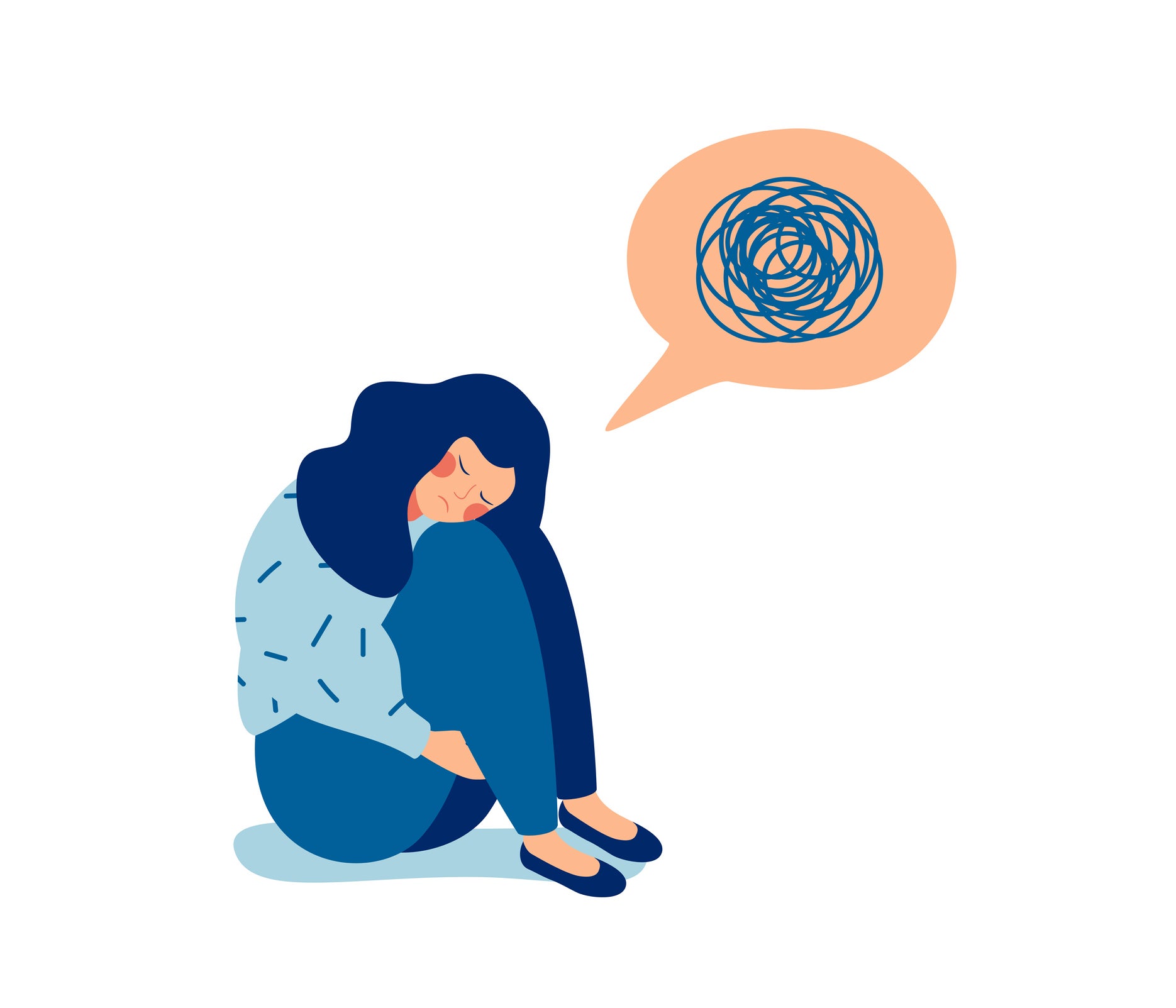Lifting restrictions quickly is just as detrimental to our mental health as lockdown
On ‘freedom day’, many people told us they have never felt less free


Your support helps us to tell the story
From reproductive rights to climate change to Big Tech, The Independent is on the ground when the story is developing. Whether it's investigating the financials of Elon Musk's pro-Trump PAC or producing our latest documentary, 'The A Word', which shines a light on the American women fighting for reproductive rights, we know how important it is to parse out the facts from the messaging.
At such a critical moment in US history, we need reporters on the ground. Your donation allows us to keep sending journalists to speak to both sides of the story.
The Independent is trusted by Americans across the entire political spectrum. And unlike many other quality news outlets, we choose not to lock Americans out of our reporting and analysis with paywalls. We believe quality journalism should be available to everyone, paid for by those who can afford it.
Your support makes all the difference.This week the vaccines minister, Nadim Zahawi, used an example of two suicides in his constituency in an interview as evidence the government is taking the right decision by ending lockdown.
There is no doubt that the past year and a half has taken its toll on the nation’s mental health, with repeated lockdowns cutting us off from the support networks we rely on. But to suggest, as we have heard a string of politicians including the prime minister do, that it is justification for lifting all restrictions is at best a stretch and at worst irresponsible.
According to recent research carried out by Mind, one in four adults experienced mental distress for the first time during the pandemic. The end of restrictions does not fix this overnight, and, for many, it will exacerbate what they’re feeling.
Of the 10,000 people we spoke to for this research, the majority are deeply worried about the changes, because of infection risk (including those who’ve been vaccinated), social anxiety, tackling the toll the pandemic has taken on personal finances, having to address unhealthy habits used as coping mechanisms, and the increasing need to care for others struggling with their mental health.
The conclusions from Mind’s research are clear: if you had an existing mental health problem, it’s likely to have got worse. And if you are at risk of developing a mental health problem, your risk has increased.
We know those bearing the brunt of the mental health impact are young people, those on low incomes and people of colour. It’s also becoming clear that the closer you have been to Covid, the greater the impact on your mental health. People working on the frontline in the NHS or social care, people who have lost loved ones and those with long Covid know this. Help is urgently needed.
It is therefore deeply concerning to hear this government using mental health as a justification for its decisions, without a clear roadmap for future support. Politicians must level up their pandemic recovery plans, so these groups don’t pay the price for decades to come. A range of support must be properly funded, from talking therapies – in person, not just online – to inpatient beds in safe and therapeutic places.
Further holes appear in the argument that it is simply lockdowns that are the cause of poor mental health when we look at our data, which also showed that half of people saw their mental health deteriorate in the gap between the first and second lockdowns.
This is corroborated by the latest NHS figures which show the number of people in contact with mental health services is at its highest since the first lockdown (1.27 million), there has been a rise in urgent admissions for people in crisis, and consistent evidence from the frontline of people arriving at mental health services with more severe symptoms, all despite the recent relative lack of restrictions.
Many people yearn for “normality”, but many are exhausted, on their knees, with relationships teetering, jobs precarious, both lives and livelihoods at stake. On “freedom day”, many people told us they have never felt less free. Only now are we starting to see the full cost of the erosion of our resilience as a nation. The challenge is daunting and, sadly, there are no vaccines for mental health issues. This is the time for the government to step forward.
Before Covid, the NHS had already committed to giving mental health treatment to an additional 2 million people a year by 2024. The current situation requires recalibration quickly. The NHS knows this and, reassuringly, has introduced new waiting time standards for mental health as with services for physical health. But if we expect the NHS to meet the demand, to these new standards, we have to see long-term government investment in the upcoming spending review.
The minister for mental health, Nadine Dorries, has repeatedly asserted that there is no crisis but the NHS, Mind and other mental health organisations know that this simply isn’t true – the worrying figures for young people with eating disorders remind us that we have to be prepared for similar rises elsewhere.
Now that the crashing waves of Covid have somewhat calmed, we can see the vast shipwrecks of the nation’s mental health lying beneath the surface. The government owes it to the survivors to invest in mental health – from face-to-face treatment to social care, to the workforce and improving the shameful state of many mental health facilities.
Mental health has endured decades of underfunding and now faces an enormous challenge. This government owes the nation more than ending lockdown, it must do its utmost to end the mental turmoil many of us continue to endure.
Paul Farmer is CEO of the charity Mind
Join our commenting forum
Join thought-provoking conversations, follow other Independent readers and see their replies
Comments